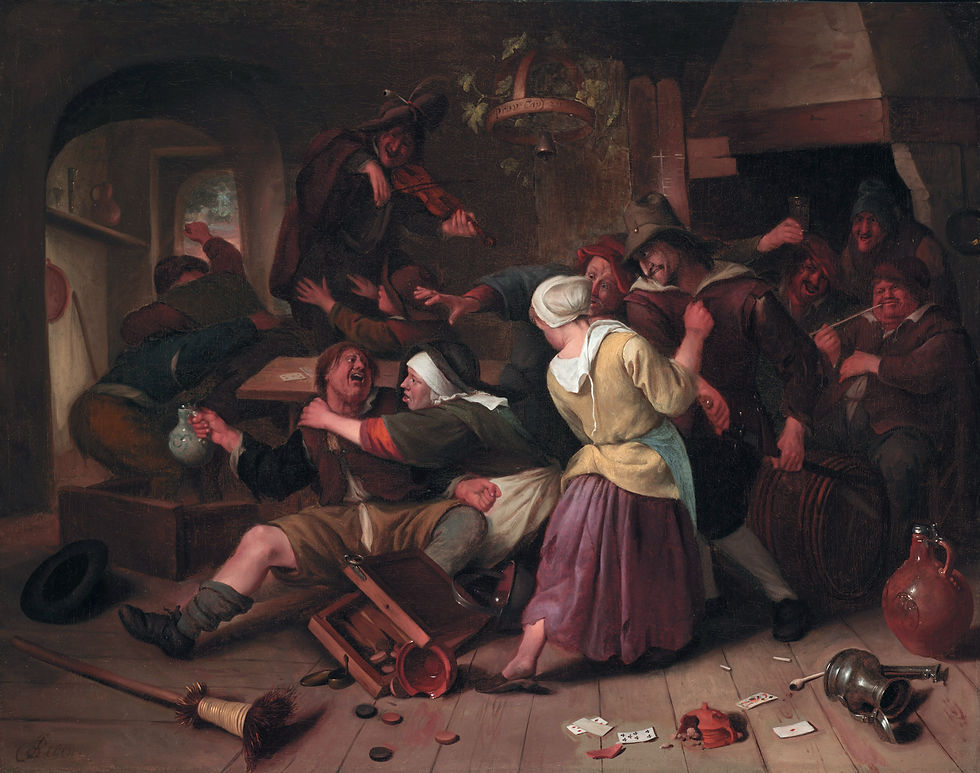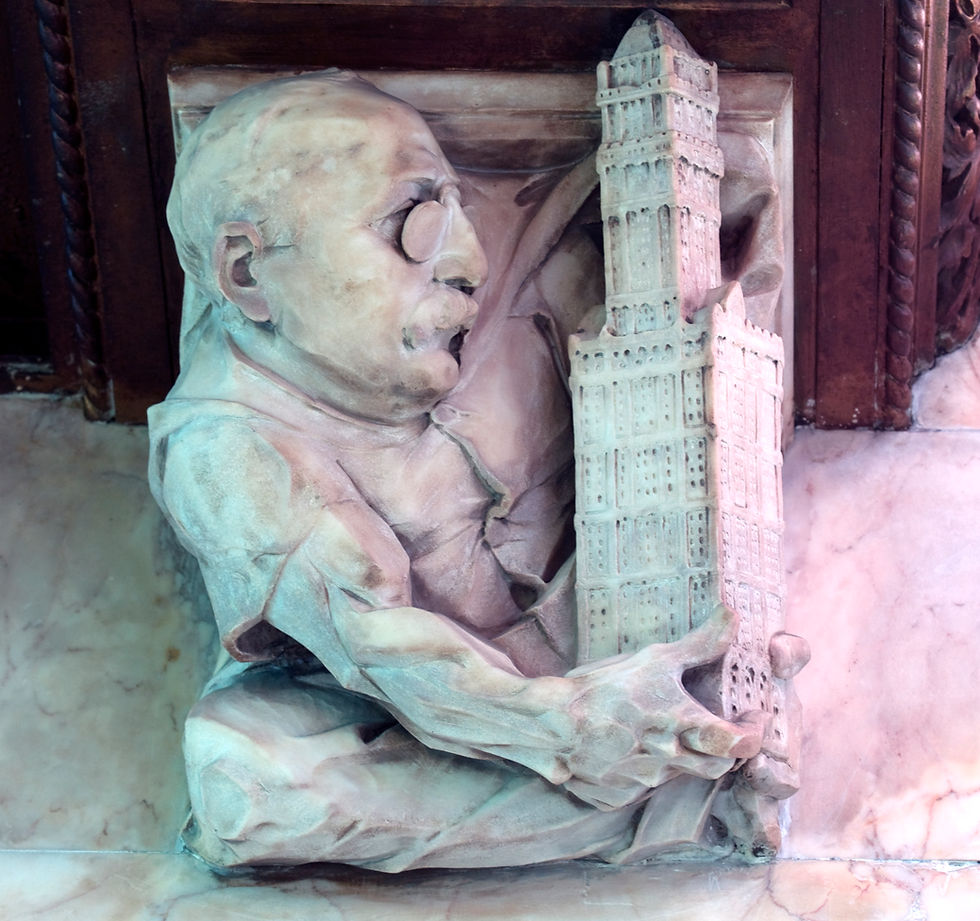Article: The Power of Numbers
- May 17, 2021
- 1 min read
Updated: Jul 9, 2021

Arash Abizadeh. "The Power of Numbers: On Agential Power-With-Others Without Power-Over-Others." Philosophy & Public Affairs 49.3 (2021): 233-235.
Abstract: It is widely thought that if one cannot effect outcomes without others’ assistance, then one has agential power to effect those outcomes only if one has power over those whose assistance one requires. The corollary is that someone who just happens to find herself amongst people who share her preferences and would be disposed to help effect her preferred outcomes, but over whom she has no power, is lucky, but not thereby more powerful. This view is false. It ignores the independent force of the power of numbers: the agential social power enjoyed by someone who finds herself amongst others disposed to act in concert with her, even if she has no power over them. The power of numbers is the power one may have in virtue of one’s position in social structures that shape preferences. It is the power enjoyed by members of persistent majorities. It is the power of whites in European and European-settler societies in virtue of their position in these societies’ racial structures. Sure, those with numbers on their side are lucky; but that’s just to say they are lucky to be powerful.



Comments